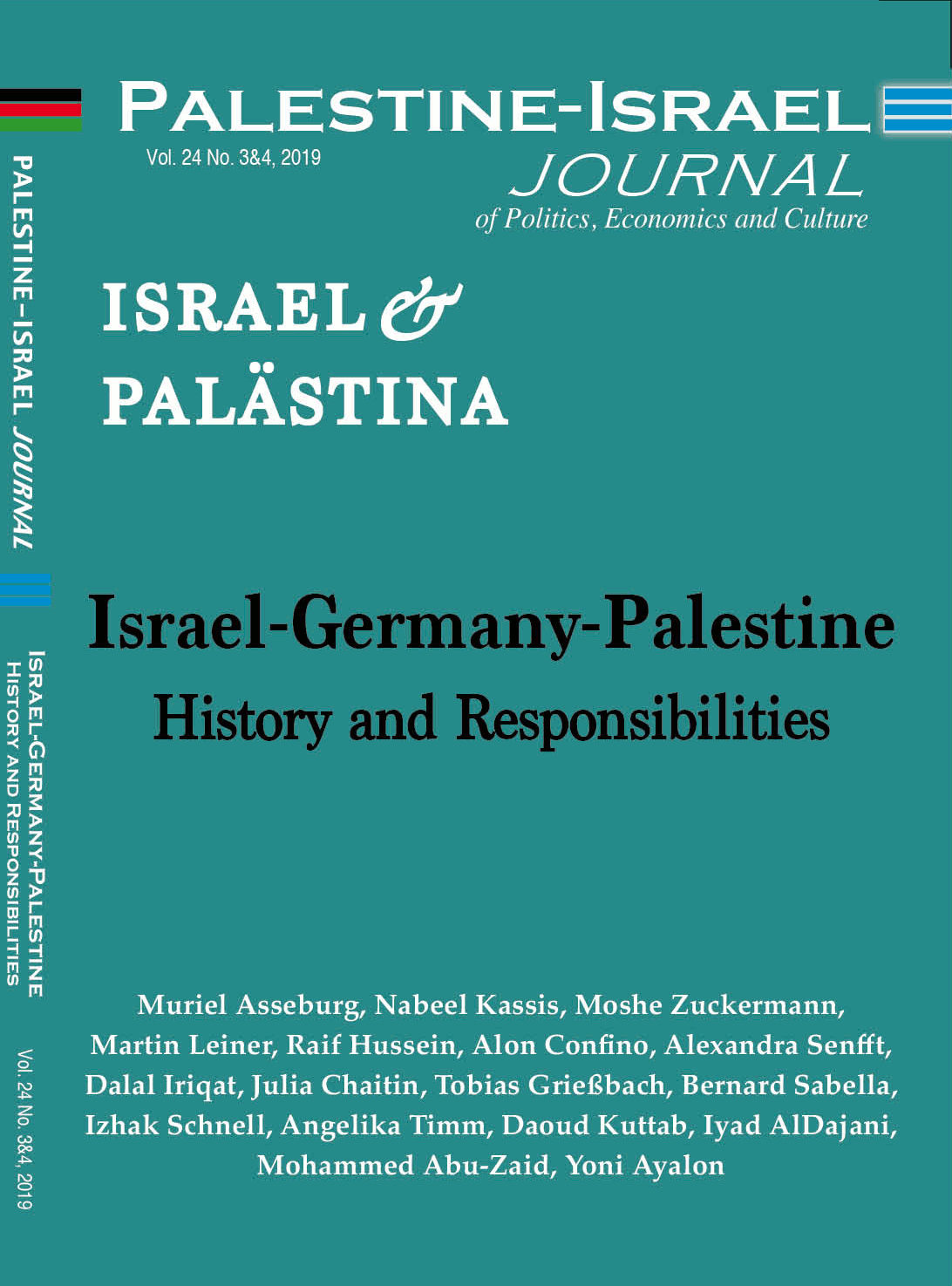Growing up in Israel after WWII, the air was saturated with the Holocaust, which I experienced as unrelenting hatred of Germans. I inhaled it, as one does oxygen, but could never exhale it until I emigrated as an adult to the United States. The growth of political polarization and tribalism worldwide, and what I was learning in my psychoanalytic practice, led me to question my own demonization of Germans. I developed misgivings about transferring that hate to my sons, to the next generation. In 2013, I went to Germany to find out through filmed interviews with several second- and third-generation Germans, how the Holocaust affects their collective psyche and informs their daily life. I tried to comprehend how the Holocaust influenced their sense of identity and how they dealt with their feelings of guilt, shame, and responsibility.
I was not aware at the time that my journey would eventually take me to Israel and Palestine, where I would focus on the unique experience of post-Nakba generations of Palestinians, an event that defines their collective identity. But when I returned from my shoot in Germany, it became clear that I needed to interview those who have been the other ‘others’ in my life – the Palestinians. The 2014 Gaza War made it imperative. In the spring of 2016, I traveled to interview Palestinians in Israel and Palestine. It was hard to learn how to listen to their pain and rage and realize that unlike in Germany, where I represented the victims, I was there as the representative of the perpetrators.
The encounters elicited in me strong emotional reactions: childhood memories surfaced and disturbing dreams were remembered. I began to understand that these encounters changed me and also provide connective tissue for my visual and emotional journey in the film. My personal story became the glue that held together all the elements of my quest.
Humanizing the Other
I began the film wanting to understand how Germans today deal with shame, guilt and sense of responsibility; I ended the project understanding that evil, for lack of a better word, can be unearthed in each of us given the right conditions, regardless of our religious or ethnic background. It is only in the act of humanizing “the other” that we as a society can find a kind of salvation.
At the conclusion of the film,I’m faced with the unbearable moral weight associated with morphing from victim to perpetrator. After avoiding visiting Israel for many years, I realize that I cannot pretend that I am apart from the occupation endeavour and that Israel is my homeland, even though what is going on there makes me want to cover my face in shame.
This film of my journey to shed the concept of “the other” from my own life is a timely one. My hope is that it will become a journey for others who hold prejudice and fear in their hearts, in seeing how one person, this filmmaker, was freed of their deadly grip.
Here is a link to the trailer of the film "Afterward":
https://www.youtube.com/watch?v=ZSw1jeyE6NI&app=desktop

